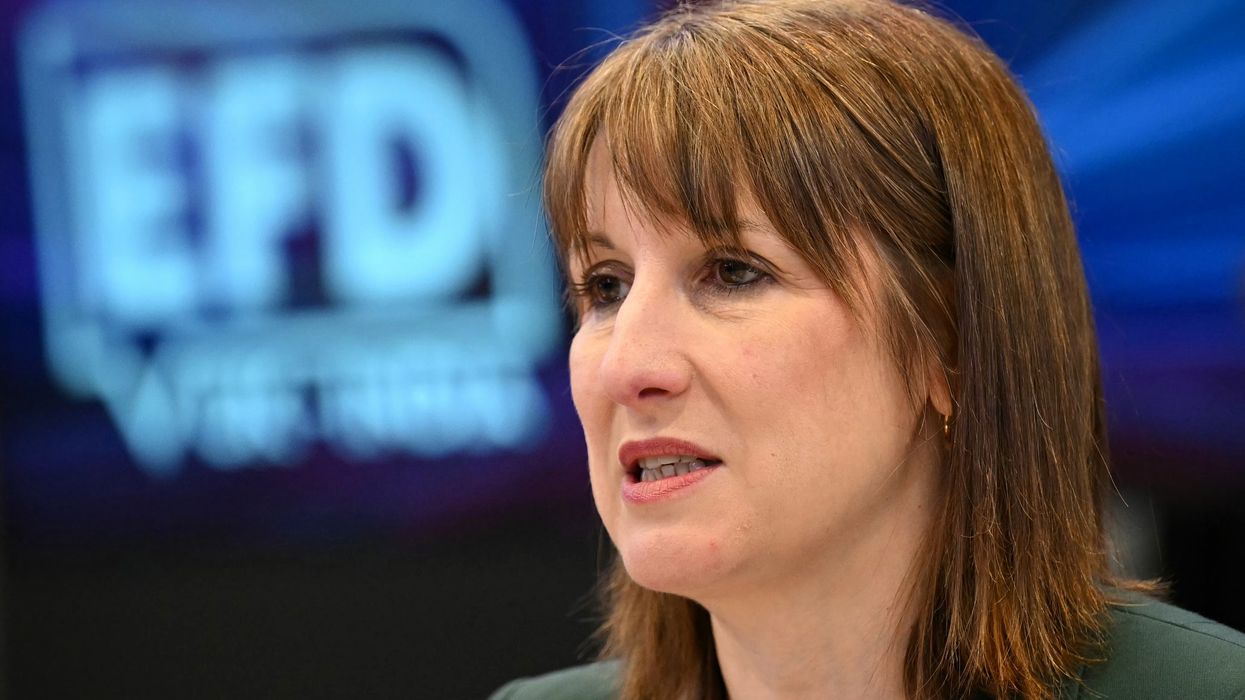Pensioners now need to pay £2,700 more in income tax to maintain a comfortable retirement compared to four years ago, according to The Telegraph.
In the 2020-21 tax year, a pensioner would have paid £5,058 in income tax to support a "comfortable" lifestyle. By 2023-24, this figure had risen to £7,787, an increase of £2,729 or 54%, driven by higher living costs and the impact of frozen income tax thresholds.
The Pensions and Lifetime Savings Association (PLSA) defines a "comfortable" retirement as including spending £70 per week on groceries and £60 on meals out, along with the ability to afford holidays, theatre visits, and regular beauty treatments. The overall cost of this lifestyle rose from £32,800 per year in 2020-21 to £43,100 in 2023-24, reflecting increases in the cost of energy, groceries, travel, and leisure activities.
Compounding the pressure, income tax thresholds have been frozen since 2020-21 and are due to remain unchanged until at least 2027-28. Chancellor Rachel Reeves has not ruled out extending this freeze, leading to concerns that more pensioners will be pushed into higher tax brackets as their incomes attempt to keep pace with inflation.
Jon Greer, head of retirement policy at Quilter, told The Telegraph that retirees are increasingly paying more tax, not because their incomes have significantly risen, but due to the system’s failure to adjust thresholds in line with inflation. He warned that the rising pensioner income tax increase could undermine the financial security of many who had carefully saved for retirement.
"This creeping tax burden risks undermining retirement security for thousands of people who did everything right. They saved diligently, planned carefully, and expected a stable system in return. Instead, they are being taxed more heavily simply to stand still," Greer said.





